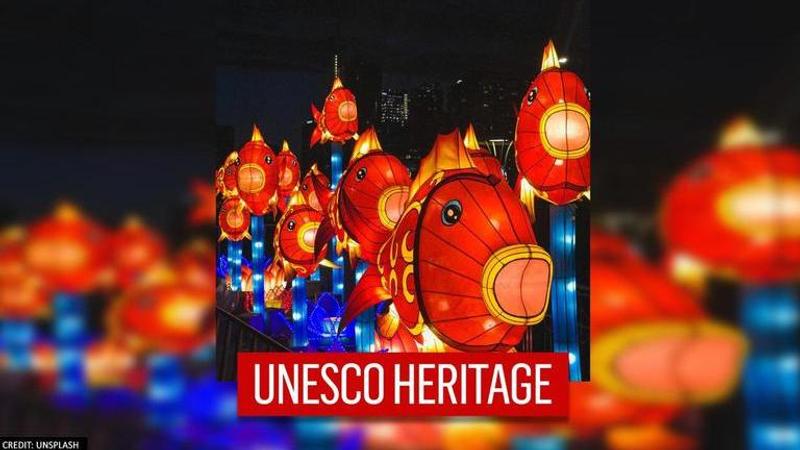Published 09:32 IST, December 20th 2020
UNESCO calls Korean lantern lighting festival an 'Intangible Cultural Heritage'
South Korea's Lantern Festival has won the Unesco 'Intangible Cultural Heritage' status on Tuesday. This festival is marked as Gautama Buddha's birthday

Yeondeunghoe, a lantern lighting festival that takes place in the Republic of Korea has won the Unesco Intangible Cultural Heritage status on Tuesday. Unesco praised the spring festival by calling it "a time of joy" which "in times of difficulties, plays an important role in helping people overcome the troubles of the day." This festival is marked as the birthday of Buddha.
History of the lantern lighting festival
As per reports, the origin of the festival dates back to the Unified Silla era more than 1,000 years ago. At the time, the festival was held on Daeboreum, a day of celebrating the first full moon of the lunar calendar. During the era of the Goryeo Kingdom, Yeondeunghoe turned into a festival.
When and how is Yeondeunghoe celebrated?
Yeondeunghoe is celebrated on the eighth day of the fourth lunar month (Buddha’s birthday). On this day, the entire country lights up with colourful lanterns. One will find colourful lanterns decorating all the temples, houses and streets. Originally a religious ritual to celebrate Shakyamuni’s birth, Yeondeunghoe has now become a national spring festival open to all. Streets are filled with colourful lotus lanterns and crowds with handmade lanterns gather for a celebratory parade. The annual festival starts with bathing an image of baby Buddha as a ritual celebrating Shakyamuni’s birth. This is followed by a public procession of lantern-bearing participants, after which participants gather for recreational events culminating in collective games.
The pandemic affected this year's celebration
However, this year’s Yeondeunghoe, which was postponed once from April to May, was cancelled due to the pandemic and increasing number of COVID-19 cases in South Korea.
Updated 09:32 IST, December 20th 2020




